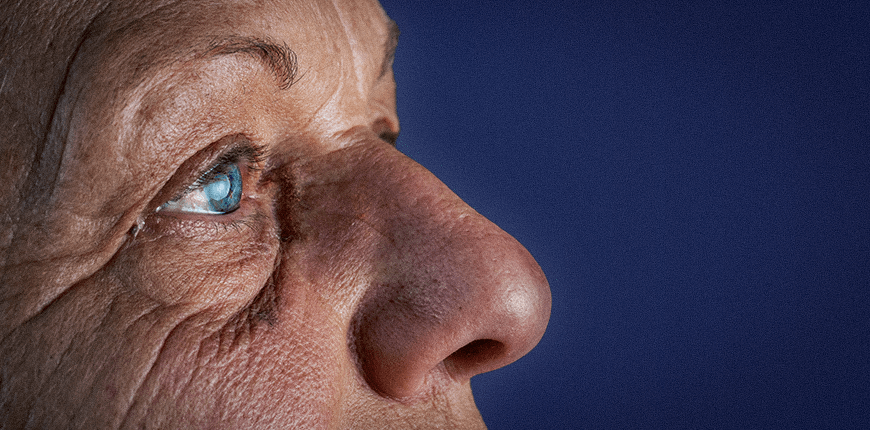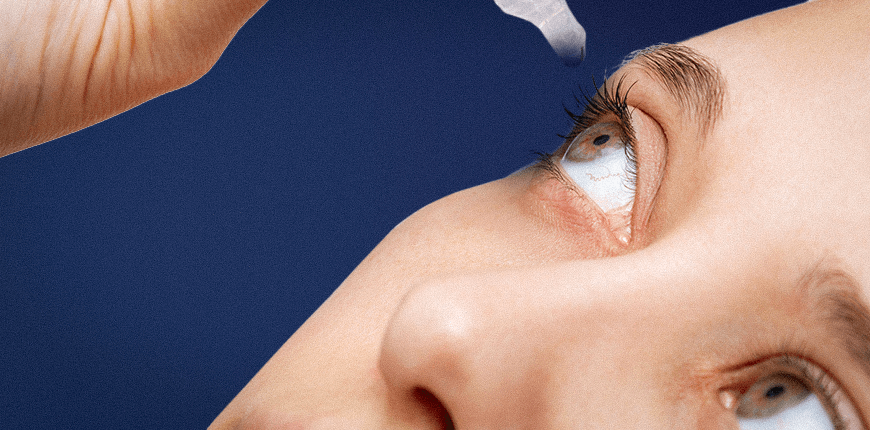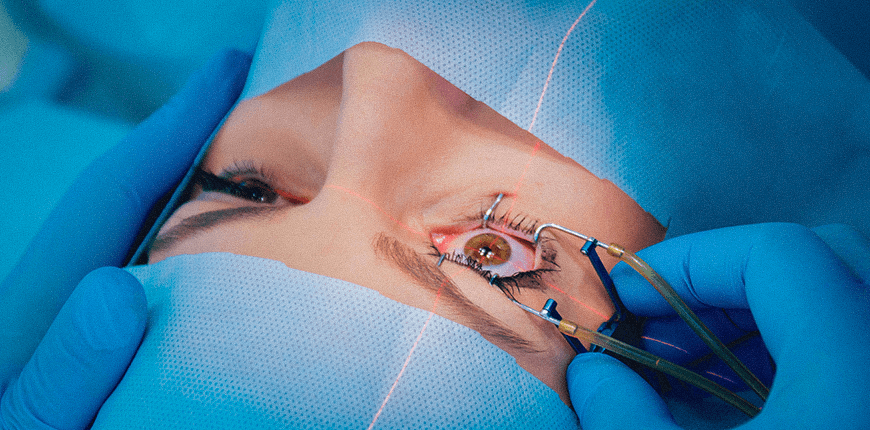
Macular Degeneration Treatment
Macular degeneration is the damage or deterioration of the macula, the area at the back of the eye where the sharpest vision is provided. Macular degeneration is divided into two main types: age-related macular degeneration (AMD) and macular degeneration due to genetic factors (GMD). AMD is more common in people over the age of 50 and is usually caused by structural changes within the eye. GMD, on the other hand, usually starts at a younger age and is due to hereditary factors.
What is Macular Degeneration Treatment?
Macular degeneration, also known as yellow spot disease, is a disease that occurs in the macular region at the back of the eye. This disease can cause vision loss and is common in the elderly population. Treatment of macular degeneration may vary depending on the type and progression of the disease. In general, it is carried out to slow the progression of the disease and reduce symptoms.
Treatment of dry macular degeneration usually slows the progression of the disease. The use of a supplement called AREDs (Vitamin A and Inorganic Minerals) is a preferred option in this treatment to slow the progression of the disease. Other nutritional supplements such as omega-3 fatty acids, zinc, and antioxidants may also be used.
Wet macular degeneration can be treated if diagnosed early. These treatments involve blocking a protein called VEGF, which causes abnormal blood vessel growth in the retinal tissue. Treatments for macular degeneration include injections (Avastin, Lucentis, or Eylea), laser therapy, or photodynamic therapies. These treatments stop the progression of the disease by preventing abnormal vascular growth in the retinal tissue.
Macular degeneration treatments are usually administered at regular intervals and require continuous follow-up. Patients need to talk to their doctor about treatments, attend regular eye examinations and make changes to their eating habits. Early diagnosis is vital to slow the progression of the disease and prevent vision loss.
What are the Symptoms of Macular Degeneration?
Macular degeneration may cause various symptoms depending on the type of the disease. In the early stages of the disease, symptoms may not be recognized or may be very mild.
Symptoms of dry macular degeneration usually include a slowly developing loss of vision, disturbances in the central visual field, and a feeling of dimness or blurriness in peripheral vision. There may also be symptoms such as difficulty seeing in bright light or low light, fading colors, and reduced contrast.
Symptoms of wet macular degeneration usually appear more quickly. These symptoms may include a marked disturbance in the central visual field, straight lines appearing curved or wavy, colors appearing paler, a dark spot or area in the visual field, and flashing lights or light rings. Wet macular degeneration can progress rapidly and eventually lead to loss of vision.
How is Macular Degeneration Performed?
 In the treatment of dry macular degeneration, dietary supplements and changes in eating habits are recommended to slow the progression of the disease and reduce symptoms. Antioxidant supplements containing vitamins C and E and minerals such as zinc and copper are used to neutralize free radicals that cause cell damage and play an active role in maintaining macular health. In addition, foods and supplements containing omega-3 fatty acids such as fish oil, salmon, and tuna are recommended for patients with macular degeneration.
In the treatment of dry macular degeneration, dietary supplements and changes in eating habits are recommended to slow the progression of the disease and reduce symptoms. Antioxidant supplements containing vitamins C and E and minerals such as zinc and copper are used to neutralize free radicals that cause cell damage and play an active role in maintaining macular health. In addition, foods and supplements containing omega-3 fatty acids such as fish oil, salmon, and tuna are recommended for patients with macular degeneration.
The most common treatment recommended for patients with wet macular degeneration is anti-VEGF therapy, a medicament injected into the eye. These medicaments are used to stop abnormal vessel growth and reduce macular damage. Treatment is usually carried out with injections at intervals of 4-6 weeks. Photodynamic therapy is another option. This treatment method uses laser light using verteporfin, a photo-activating agent, in addition to medicaments injections. It may be effective for some patients who do not respond to drug injections. Laser treatment may also be preferred in wet macular disease. This treatment is used to eliminate or reduce damage to abnormal vessels at the back of the eye. However, laser treatment can cause vision loss when used in areas affecting the macula. Therefore, this method is usually performed in areas that do not affect the macula.
What Should Be Considered After Macular Degeneration Treatment?
After macular degeneration treatment, patients should pay attention to some important points.
► Follow-up Appointments: After treatment, patients need to attend regular follow-up examinations. These examinations help to check the effectiveness of the treatment and reduce the risk of recurrence of the disease.
► Eye Hygiene: After treatment, attention should be paid to eye hygiene. Washing the eyes regularly and avoiding touching them will reduce the risk of infection.
► Treatment of Other Eye Diseases: Macular degeneration treatment is aimed at slowing the progression of the disease by stopping abnormal vascular growth in the eye and reducing macular damage. However, this treatment does not prevent other eye diseases other than macular degeneration. Therefore, it is important to have regular check-ups for other eye diseases.
► Healthy Lifestyle: It is also very important to adopt a healthy lifestyle after macular degeneration treatment. Regular exercise, a healthy diet and not smoking help to slow down the progression of the disease.
Macular degeneration is a disease that can affect the quality of life of patients. After treatment, patients are advised to contact support groups or charitable organizations where they can get help to facilitate their daily lives. Following treatment, patients should follow the doctor's recommendations and attend regular check-ups to help keep the disease under control.
-
What is the cost of Macular Degeneration Treatment?
The cost of macular degeneration treatment can vary depending on the treatment method used, the patient's insurance coverage, and the country. The injections used for 'wet type' macular degeneration can be quite expensive and may require many injections throughout treatment. Patients are advised to talk to their doctor and insurance company about the cost of treatments.
-
How effective is the treatment of Macular Degeneration?
The effectiveness of treatment depends on the type and progression of the disease. In cases of 'wet' macular degeneration that are diagnosed and treated early, the progression of vision loss can be prevented. However, in 'dry' type macular degeneration, treatments are aimed at slowing the progression of the disease and alleviating the symptoms.
-
Which type of Macular Degeneration can be treated?
'Dry' macular degeneration is usually not treatable. However, some treatments are available to slow progression and relieve symptoms. The 'wet' type of macular degeneration can be treated if diagnosed early.













